Playing Through the Pandemic
We checked in with leaders of band, drama club and Science Olympiad.
“Playing outside is the safest place, and we use extra protection like bell covers, face shields and masks with slits cut in them just enough to allow the mouthpiece of the instruments through,” Band Director David Luddington said.
There is very little that is normal this year.
Given the need to keep everyone safe by wearing masks and social distancing, Beachwood’s extracurricular programs have been forced to adjust.
Band
Band director David Luddington explained how he has modified his program.
“It’s certainly been an experience,” band teacher David Luddington said. “Over the summer we really had no idea what the school year would look like.”
“In the beginning of the year, when we were fully virtual, we used a program called SmartMusic, where students can record what they’re playing so they can learn and start memorizing it.” Luddington said. “Over the summer I had to manually input each piece of music for every instrument into the program, but I think that it worked really well.”
Now that school is in-person, he has made additional adjustments to ensure safety.
“Right now in class, we’re only playing instruments outside,” he said. “Playing outside is the safest place, and we use extra protection like bell covers, face shields and masks with slits cut in them just enough to allow the mouthpiece of the instruments through.”
“We won’t play inside until it’s safe to do that,” he added.
Drama Club
Drama director Marc Chalice reflected on adjustments to the program.
“As of [early October] we’ve had a number of people who have signed up, and only one meeting, and we are not having a fall play like normal,” he said.
“We are having a spring play,” he added. “And so there is a lot of time for people to think about if they are going to be involved, to consider their health and their schedules, and how the year plays out, especially for seniors.”
Chalice explained that COVID affects the drama club, just as it does every other organization, but that in some ways the risk may be greater if precautions are not taken.
“We do meet in a theater, and often people are projecting, and therefore they are sending out germs,” he said. “…and it doesn’t seem like the best idea to be in close proximity with one another.”
Chalice says the quarantine last spring really frustrated drama club members, who had been preparing a performance of The Wizard of Oz.
“It prevented us from doing our spring play that we worked on for months,” he said. “It’s depressing in some ways, and you really lose your momentum.”
“I think no one wants to go into this whole-heartedly because things can change in an instant,” he added.
Nevertheless, Chalice is excited to see the program move forward when things are back to normal.
“I’m very excited about theater, working with people and collaborating creatively,” he said. “I like that people are challenging themselves to speak in public and developing their skills, and I really enjoy the students that work with us.”
Science Olympiad
The Science Olympiad team has been doing well over the past couple of years, with strong performances at regionals and increasingly high rankings at states.
But the pandemic presents a new set of challenges.
In a typical year, the team travels to competitions at Solon, Kenston, John Carroll and OSU. They typically bring about 30 contestants to each competition, including two teams of 15 people.
This year, however, the competitions will be virtual in order to maintain social distancing and keep competitors safe.
“I don’t think it is a good idea to get exposed to so many children,” co-captain Chelsea Zheng said.
Science Olympiad traditionally involves 23 events, a combination of written tests, building events and lab events.
”The topics are not just biology, chemistry and physics; they are much more specific, such as ornithology, the study of birds,” said co-captain Somin Jung.
A variety of accommodations will have to be made for this year’s competitions, the first of which is scheduled for Jan. 9.
Tests will be shipped to the school. Building events will have to be recorded on video and sent to the judges. Lab events will probably not be taking place this year since they can not be judged online effectively.
“It will definitely be a different experience,” co-captain Somin Jung said.
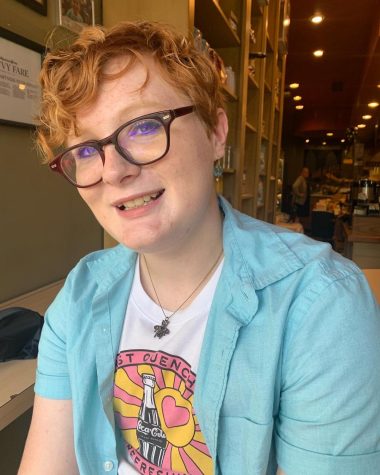
Avery (they/them) started writing for the Beachcomber in 2020. They like to write features, particularly on topics related to diversity and how events...



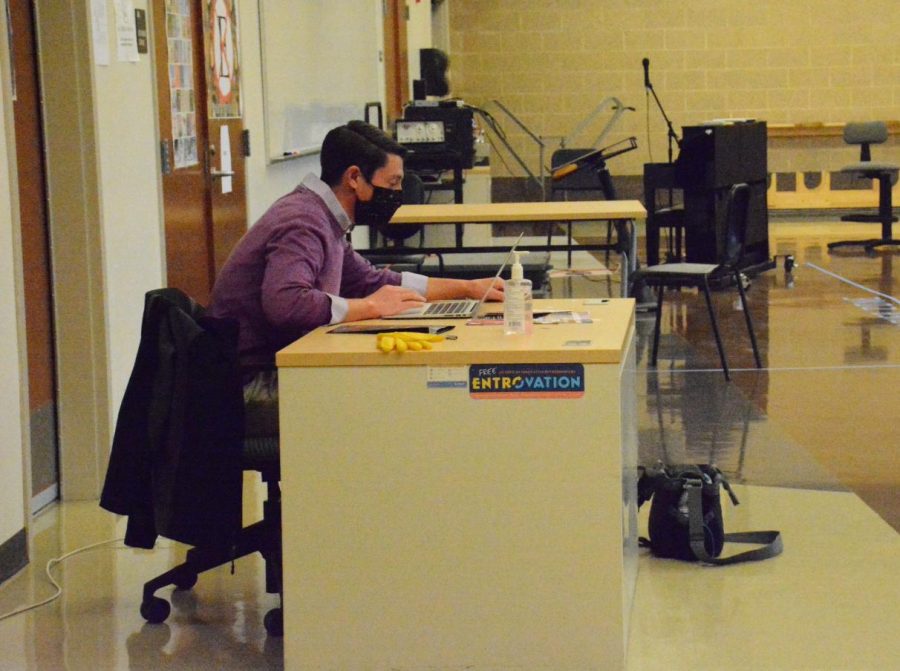
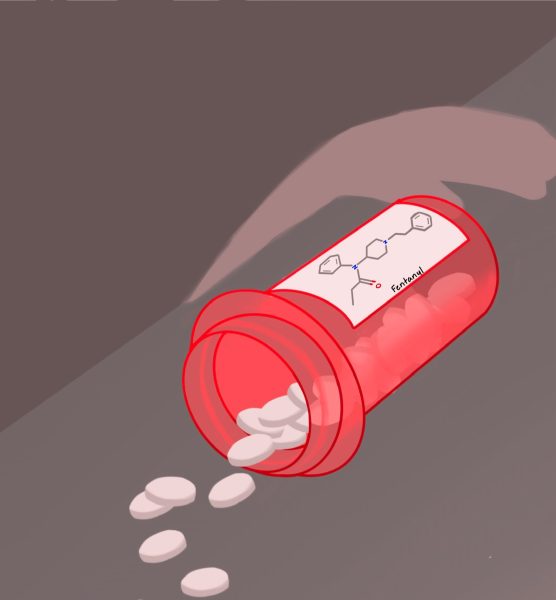
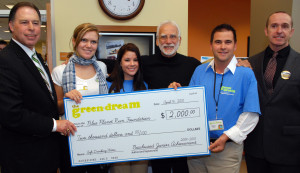
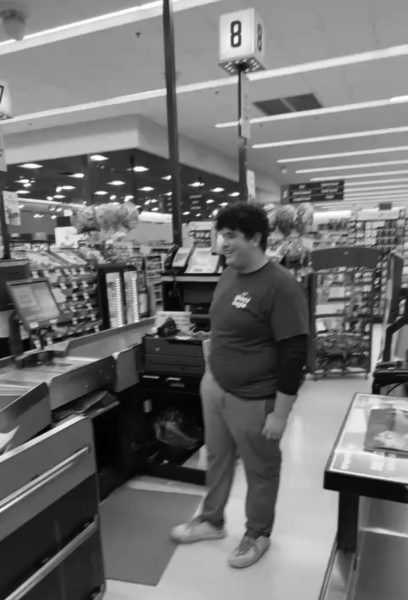
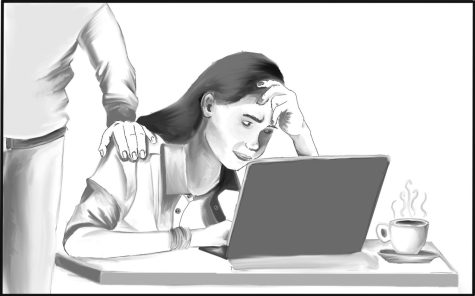
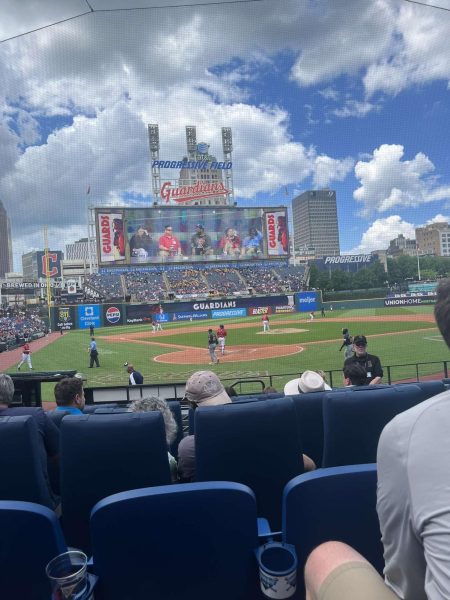





Kanrry • Nov 11, 2020 at 1:15 PM
I’m glad the band is still in session. Cleveland State is doing hybrid learning, and our band is split into woodwinds, brass, and percussion ensembles. We meet only once per week, and we have a concert soon.